Disclosure: This article contains affiliate links. We may earn a commission from purchases at no extra cost to you, which helps our travel content.
The early morning call to prayer echoed through Baalbek's narrow streets as I laced up my running shoes, the massive Temple of Jupiter still shrouded in dawn mist. That's the thing about Lebanon's ancient treasures – they're breathtaking in photos, but it's the spaces between the tourist snapshots where the real magic happens. After coordinating relief efforts remotely from Toronto for months, I needed boots on the ground to reconnect with what makes travel transformative. This wasn't my first rodeo in regions with complex reputations, but Lebanon's Bekaa Valley offered a perfect blend of my obsessions: ancient spiritual sites, unexpected commercial spaces telling authentic cultural stories, and terrain challenging enough for my marathon-trained legs. What I discovered over seven spring days went far beyond the postcard ruins – a landscape of contradictions where vinyl records spin tales of resilience, monastery walls whisper centuries-old wisdom, and the rhythm of daily life moves with surprising grace amid complicated geopolitics.
Running Through History: Dawn Marathons Among Ancient Stones
My first full day in Baalbek began at 5:30 AM – jet lag is a runner's best friend sometimes. The security situation meant researching safe routes ahead of time, but that pre-planning paid off spectacularly. I mapped a 10K loop beginning at my modest guesthouse, circling the archaeological site before most tourists arrived, then weaving through the old market streets as vendors set up for the day.
There's something profoundly connecting about experiencing ancient sites through the rhythm of footfalls. While the Temple of Bacchus is magnificent up close with its 42 towering columns, seeing it emerge through morning mist during a run offers a completely different perspective – one of scale and human insignificance that no guided tour can replicate.
Day three brought my most ambitious route: a challenging trail run into the foothills above the valley. The elevation gain was brutal (my Garmin Forerunner 245 recorded over 1,200 feet), but the panoramic views of the entire archaeological complex and surrounding landscape were worth every labored breath. I passed local shepherds who looked at me with equal parts amusement and confusion, offering water and pointing out shortcuts with weathered hands.
The most profound running experience came through an unexpected connection with Abboud, a local teacher I met at a café who shared my passion for distance running. He guided me on hidden trails between small villages that tourists never see, explaining how these ancient pathways once connected Roman outposts. Running these routes felt like moving meditation – exactly what that Thai monk had taught me years ago.
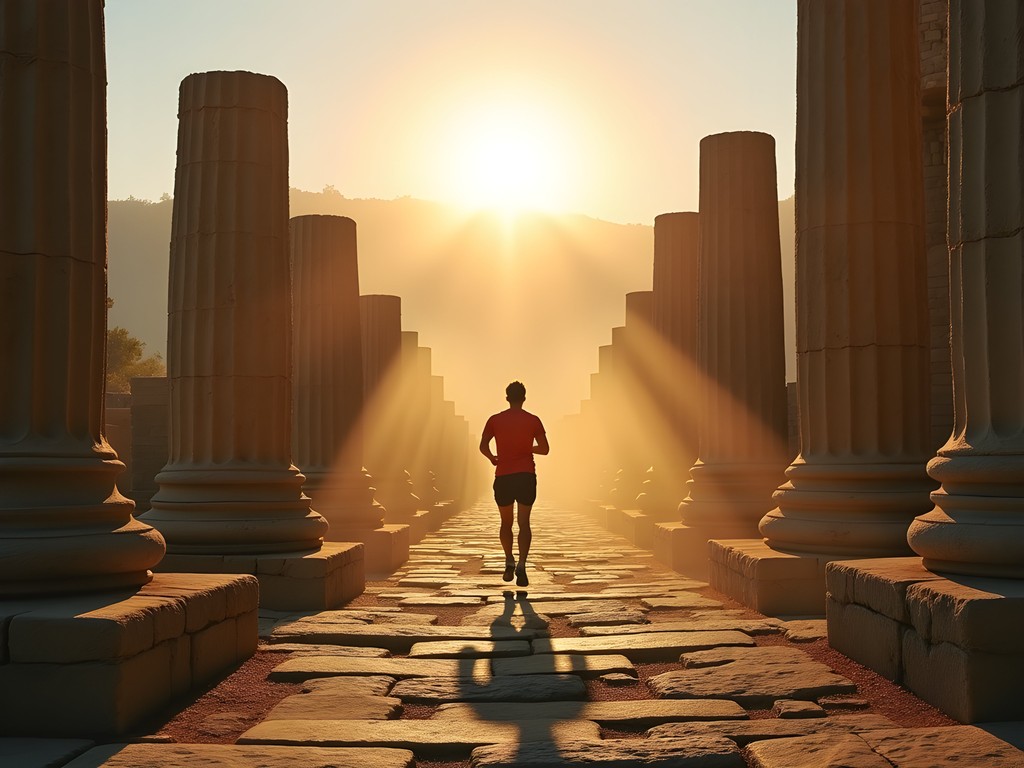
💡 Pro Tips
- Run early (5-7 AM) to avoid both heat and crowds at archaeological sites
- Ask local runners at cafés about safe trail routes – they know hidden paths GPS can't show you
- Carry small bills to purchase water from village shops along rural running routes
Vinyl Treasures: Record Hunting in Unexpected Places
If marathons are my moving meditation, record shops are my temples of cultural archaeology. Baalbek itself has limited vinyl offerings, but the broader Bekaa Valley holds surprising musical treasures for those willing to dig. My research before arriving connected me with Fadi, a record collector in Zahle (about 40 minutes from Baalbek) who maintains a small but impressive collection of Lebanese and regional pressings from the 1960s-80s.
His shop – really just a converted garage with metal shelves lined with dusty sleeves – contained everything from Lebanese folk recordings to rare Arabic funk and psychedelic compilations that blend traditional instruments with Western influences. I spent hours flipping through crates while Fadi played selections on his vintage turntable, explaining how certain artists navigated Lebanon's complex political landscape through coded lyrics.
The crown jewel of my vinyl expedition was finding an original pressing of Fairuz's "Kifak Inta" album – her haunting voice is practically Lebanon's unofficial soundtrack. At $45, it wasn't exactly budget-friendly, but some treasures justify stretching the budget. I carefully wrapped it in clothes in my vinyl record travel case which has protected my finds across four continents now.
Most surprising was the small record section in Baalbek's Friday market, where elderly vendors sell everything from spices to household goods. Between stacks of used books and cassettes, I discovered several 1970s Lebanese rock compilations for just a few dollars each – the kind of authentic cultural artifacts that tell more about a place than any museum placard.
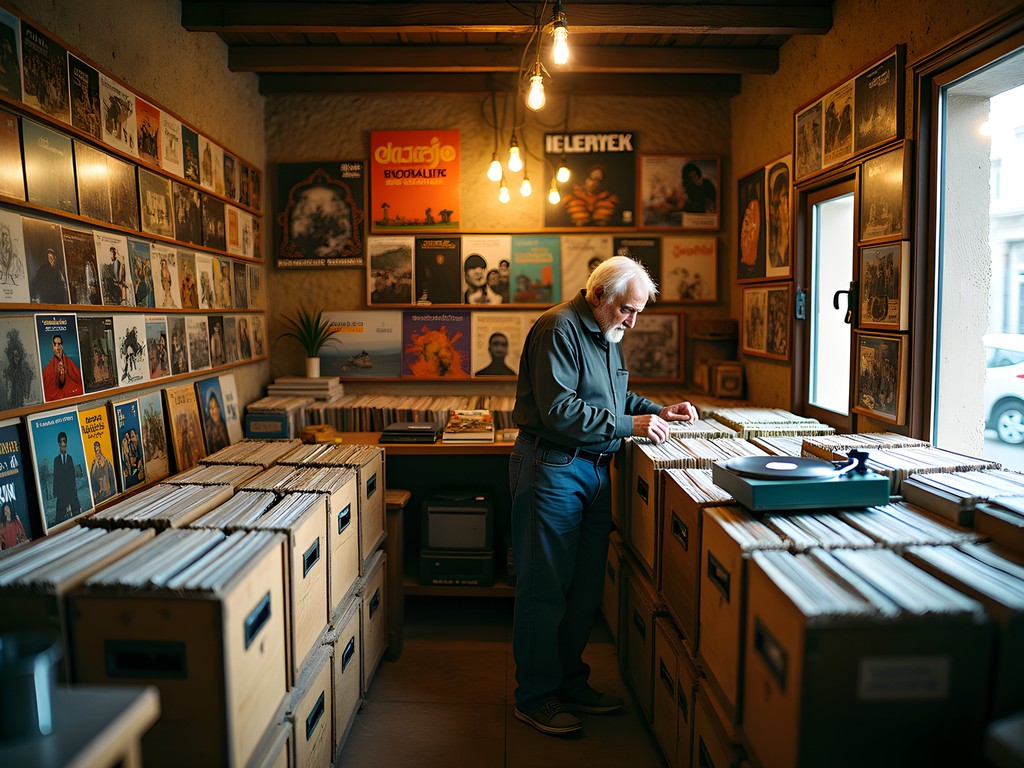
💡 Pro Tips
- Ask locals about 'souk el jomeh' (Friday markets) in surrounding towns for unexpected vinyl finds
- Learn basic Arabic phrases for haggling – vendors appreciate the effort and offer better prices
- Bring cash in small denominations – credit cards aren't accepted at most informal record vendors
Sacred Silence: Monastery Retreats Beyond Tourist Trails
Lebanon's religious landscape is fascinatingly diverse, and the Bekaa Valley hosts monasteries from multiple Christian traditions that welcome respectful visitors seeking contemplation. My research identified Deir el Ahmar's monastery as particularly visitor-friendly, though reaching it required either hiring a driver (around $30) or braving Lebanon's somewhat chaotic public transportation system (my budget-conscious choice at under $5).
The monastery itself sits on a hillside overlooking sprawling vineyards, and while not as ancient as some Lebanese religious sites, its 18th-century stone architecture creates a powerful sense of timelessness. What makes this experience special is the opportunity to join morning prayers (beginning at 5:30 AM) followed by a simple breakfast with monks who share fascinating perspectives on the region's spiritual history.
Father Antoine, who spoke excellent English, explained how monasteries here have weathered centuries of political changes while maintaining contemplative practices. When I mentioned my interest in running meditation, he showed me the path monks traditionally walked during prayer circles – a 2-mile route I was welcome to run at sunrise. That loop became my daily ritual during my two-night stay.
The modest guest quarters cost just $25/night including meals – an incredible value that includes simple but comfortable accommodations. I tracked my sleep quality with my Oura Ring and found I achieved my deepest rest of the entire trip here, likely due to the complete absence of urban noise and light pollution.
The monastery's small library contained journals from visitors dating back decades, including entries from the civil war period when the monastery provided sanctuary. Reading these accounts while sipping tea made from herbs grown in their garden provided perspective that no historical documentary could match.
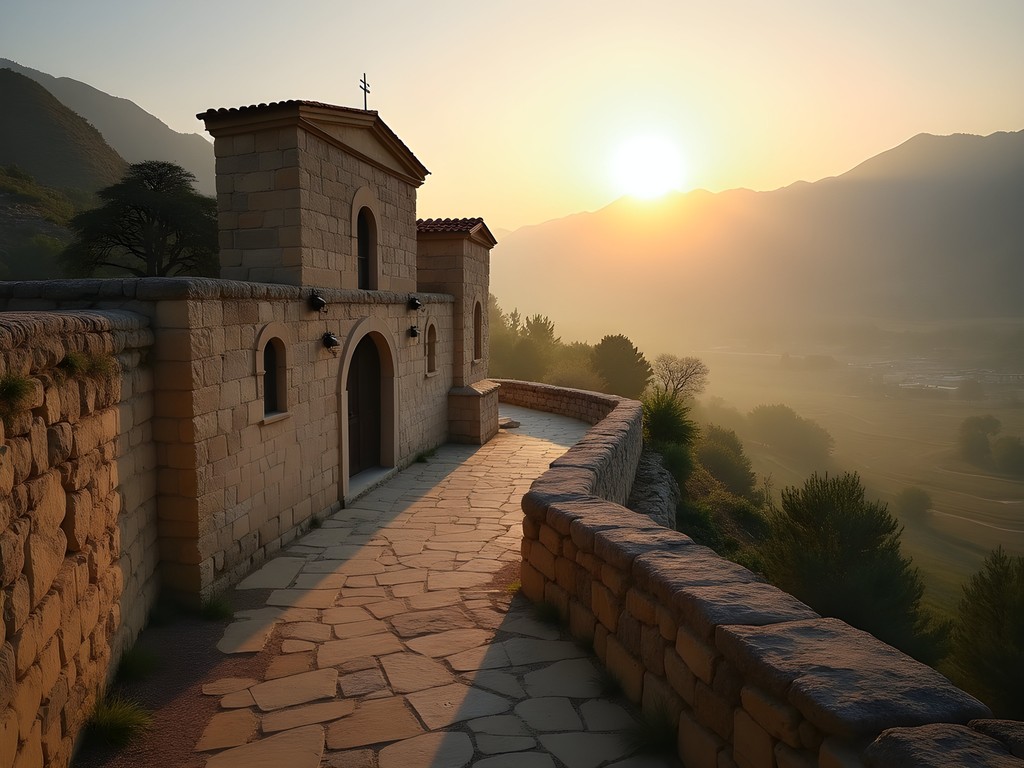
💡 Pro Tips
- Email monasteries at least two weeks ahead as guest rooms are limited (most have basic internet presence)
- Bring appropriate modest clothing that covers shoulders and knees regardless of weather
- Consider a small donation or purchasing monastery-made products (honey, wine, handicrafts) to support their operations
Market Economics: Budget-Friendly Authenticity in Baalbek's Souks
While Baalbek's archaeological wonders rightfully draw attention, the city's markets offer equally fascinating insights into contemporary Lebanese life – with the added benefit of being completely free to explore. The main souk near the old city operates daily, but reaches peak activity on Wednesdays when regional farmers bring their produce.
Navigating these markets requires comfort with controlled chaos. Vendors call out prices and offerings in rapid-fire Arabic, motorcycles weave between stalls, and negotiation is not just expected but practically mandatory. As someone who coordinates logistics for relief operations, I found the market's organic organization fascinating – there's an unspoken system to what appears to outsiders as disorder.
Food costs in Lebanon can be surprisingly affordable if you embrace local eating patterns. I filled my daypack with fresh pita, local cheese, olives, and seasonal fruit for under $5, creating picnic lunches that sustained me through long exploration days. The vendors were consistently friendly once they realized I wasn't just photographing their stalls but actually purchasing items.
Beyond food, the market offered practical insights into economic realities. Lebanon's currency situation is complicated, with many vendors accepting both Lebanese pounds and US dollars at varying rates. I tracked expenses in my travel journal to stay on budget, noting the significant price differences between tourist areas and local markets.
Most memorable was an impromptu za'atar-making lesson from an elderly vendor who, upon hearing I enjoyed the spice blend, insisted on showing me how to identify quality ingredients. She refused payment for the small bag she pressed into my hands afterward – a reminder that genuine connections transcend commercial transactions.
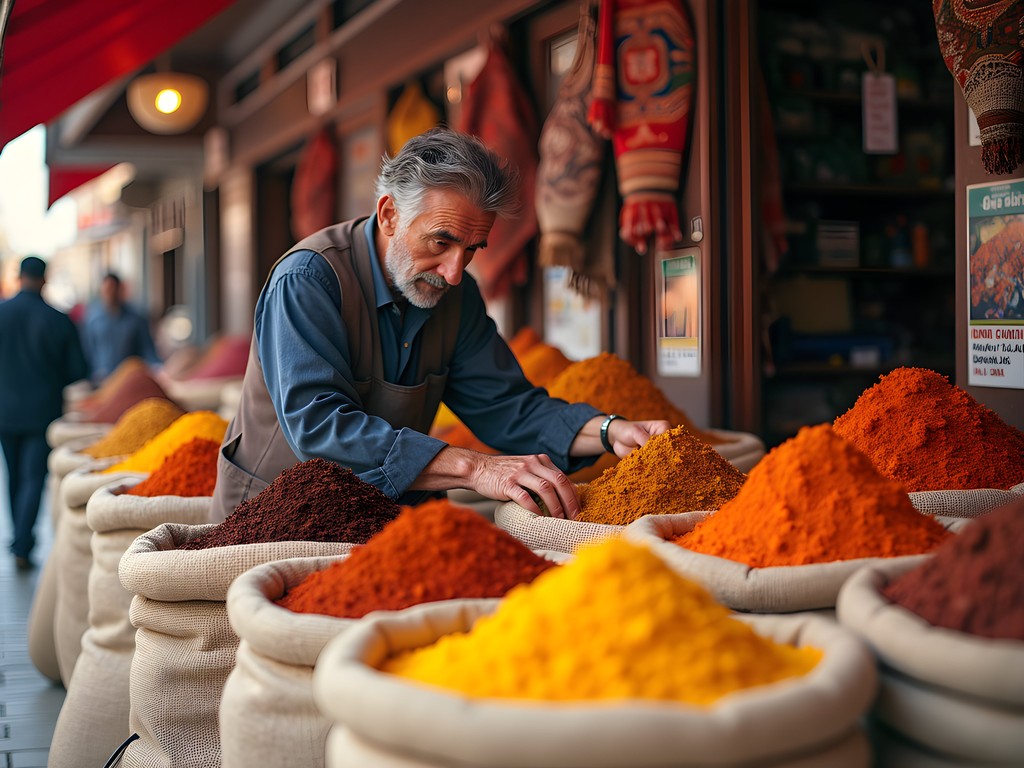
💡 Pro Tips
- Learn basic Arabic numbers to understand prices – vendors appreciate this effort and are less likely to quote inflated 'tourist prices'
- Shop where locals shop – follow residents with shopping baskets rather than heading to stores with English signage
- Visit markets in late afternoon when vendors often discount perishable items rather than taking them home
Valley Vineyards: Lebanon's Ancient Wine Traditions
The Bekaa Valley has been producing wine since Phoenician times, a tradition that persisted through Roman occupation and continues despite modern challenges. While not typically budget-friendly, I discovered that many wineries offer reasonable tasting experiences if you venture beyond the most famous names.
Arranging transportation presents the biggest challenge for solo travelers. I connected with three other backpackers at my guesthouse to share a taxi for the day ($15 each), visiting three wineries between Baalbek and Zahle. The driver, understanding our budget constraints, suggested smaller family operations rather than the premium estates that cater to luxury tourists.
Chateau Ka particularly impressed me with its resilience story – the winery was destroyed during the civil war, rebuilt, then damaged again in 2006, yet continues producing excellent wines. Their basic tasting (5 wines) cost $10 and included substantial bread and local cheese that practically served as lunch. The staff spoke about winemaking as cultural preservation rather than just business.
Most fascinating was learning how ancient winemaking techniques survive in modern production. Several smaller producers still use clay amphorae for fermentation, similar to methods depicted in carvings at Baalbek's archaeological site. These connections between past and present give Bekaa wines context beyond their flavor profiles.
For budget travelers wanting to sample without commitment, Zahle's restaurants often feature local wines by the glass at reasonable prices. I particularly recommend evening meals along the Berdawni River where several restaurants offer 'happy hour' pricing on local vintages before dinner service begins.
I documented each tasting in my wine journal to compare notes with previous wine regions I've explored. The Bekaa Valley's unique terroir produces distinctly mineral-forward whites and robust reds that reflect both Mediterranean influences and mountain climate – a fascinating contrast to wines from my previous adventures in Georgia's Kakheti region.
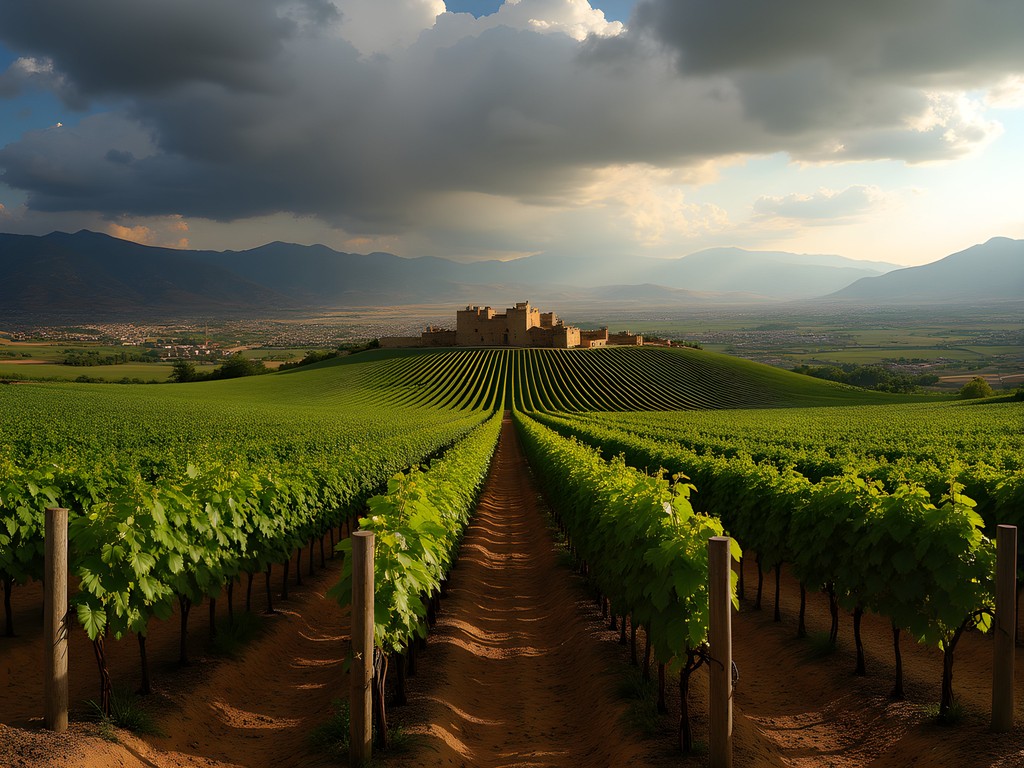
💡 Pro Tips
- Visit wineries mid-week when staff have more time for conversation and sometimes offer more generous pours
- Consider smaller, family-run operations rather than famous names for better value and more personal experiences
- Learn the phrase 'biddi jarrib' (I would like to try) – winery staff appreciate visitors making language efforts
Final Thoughts
As my bus wound back toward Beirut on day seven, the Temple of Jupiter receded in my rearview – impressive as ever, but now contextualized by the living culture surrounding it. Baalbek and the Bekaa Valley embody what I've discovered in my travels across continents: authentic experiences happen in the spaces between attractions, in the rhythm of daily life that tourists often miss rushing between photo opportunities. The marathon runner in me appreciates that meaningful travel, like distance running, isn't about the finish line but the journey – the consistent forward motion through landscapes both physical and cultural. Lebanon reminded me why I travel: not to collect sites but to collect stories, connections forged through shared meals with monastery monks, impromptu spice lessons from market vendors, and vinyl-hunting conversations that transcend language barriers. If you're drawn to places with complex narratives and deep cultural roots, lace up your metaphorical running shoes and venture beyond the ruins – the real Lebanon awaits in the spaces between monuments.
✨ Key Takeaways
- Budget travel in Lebanon is possible with local transportation and eating patterns despite the country's economic challenges
- Early morning exploration provides both safety advantages and unique perspectives on famous sites
- Cultural connections happen through shared interests (music, running, food) rather than tourist transactions
- The Bekaa Valley offers profound insights into Lebanon's resilience through its monasteries, markets, and wineries
📋 Practical Information
Best Time to Visit
April-May or September-October
Budget Estimate
$40-60/day excluding flights
Recommended Duration
5-7 days
Difficulty Level
Challenging

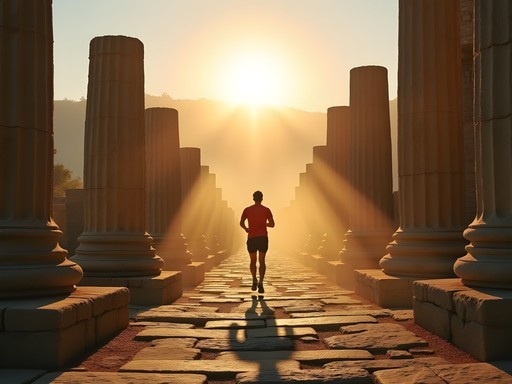
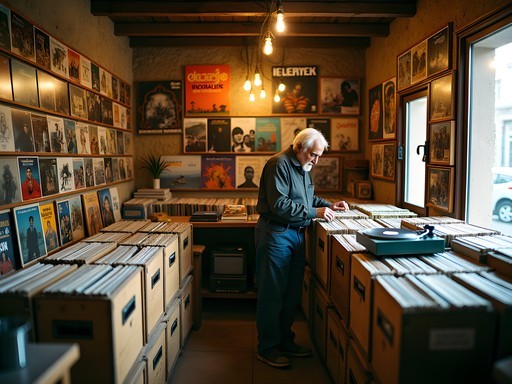
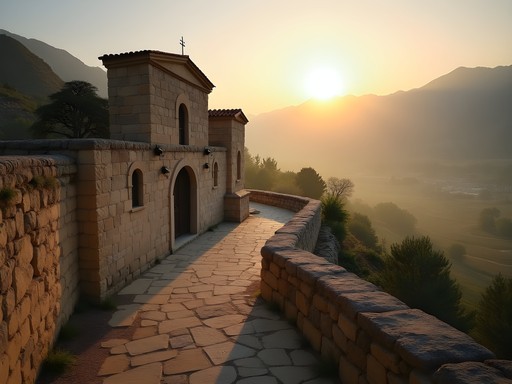
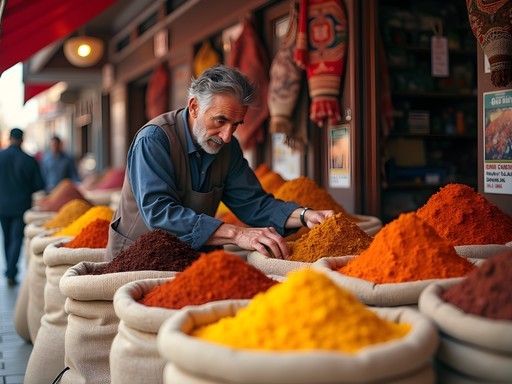
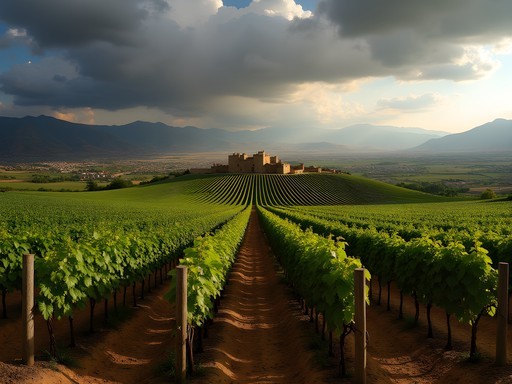


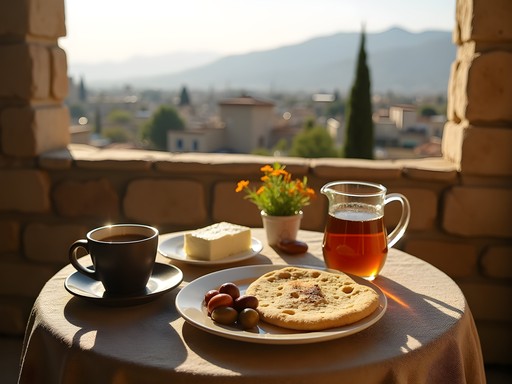
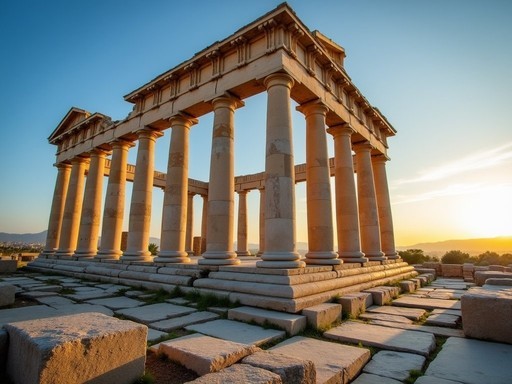
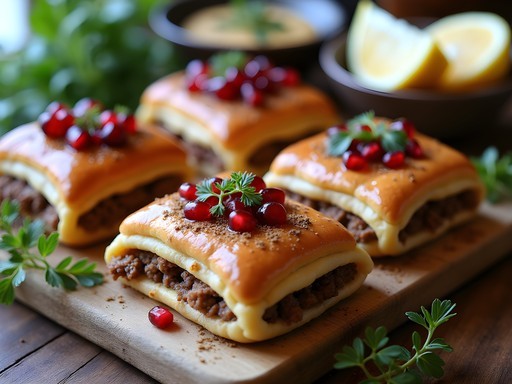
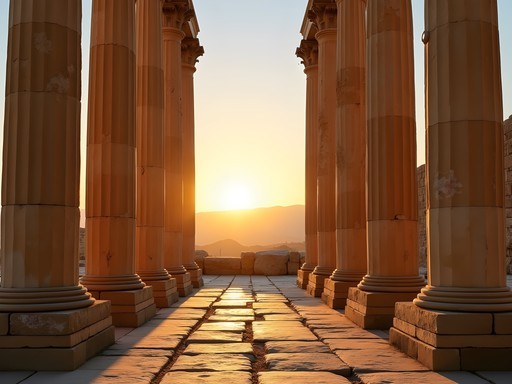
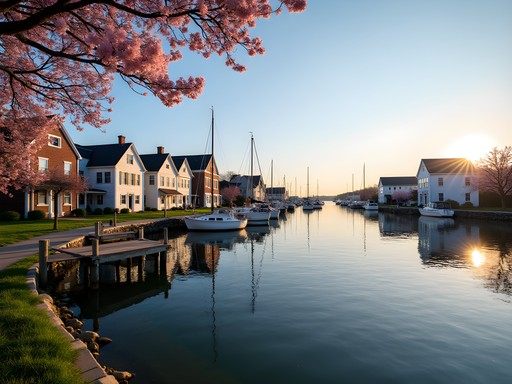
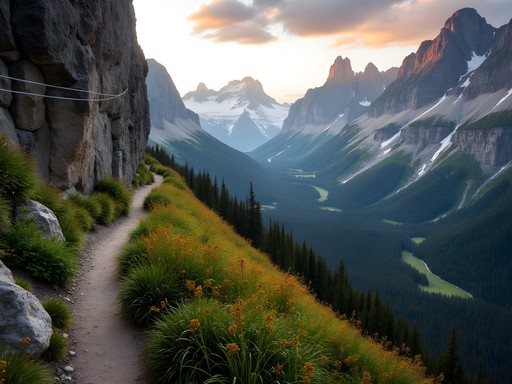
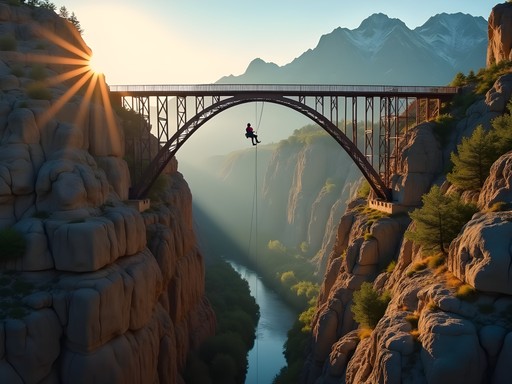

Comments
Amit Sullivan
Wonderful piece, Mason. The Bekaa Valley holds such layers of history - Roman, Byzantine, Ottoman, French colonial, modern Lebanese. I spent three weeks there in 2019 documenting traditional wine-making techniques that date back millennia. One vintner in Ksara showed me amphorae fragments from Phoenician times found in his cellar. What struck me most was how graciously people shared their stories despite everything the region has endured. The resilience is humbling. Your point about moving beyond the ruins resonates deeply - the living culture is the real treasure.
Claire Hawkins
Mason, this brought back so many memories! We took our kids (7 and 9) to Baalbek three years ago and while they loved the ruins, it was actually the market experience that they still talk about. A vendor taught them how to haggle in Arabic and they were so proud of themselves. One tip for families - the running route you described works great for cycling too. We rented bikes from our guesthouse and did an early morning ride. The kids thought exploring ancient sites on bikes was the coolest thing ever. Lebanese hospitality is unmatched, especially when traveling with children. Everyone wanted to feed them!
staradventurer
Love this! Didn't realize it was kid-friendly too.
citychamp
How did you get around? Rent a car or use buses? Trying to figure out logistics.
Amit Sullivan
Not Mason but I've done this route twice. The bus system from Beirut's Charles Helou station is surprisingly efficient and cheap - maybe $3-4 to Baalbek. Shared service taxis are everywhere once you're there. I actually prefer not driving in Lebanon - lets you people watch and the drivers know all the good stops. My travel guide had good transport details if you want specifics.
beachphotographer
That dawn photo of the temple with the mist is absolutely gorgeous. What were you shooting with? The light is perfect.
staradventurer
Going there next month! This is so helpful!
Fatima Sims
Mason, this brought back so many memories! I did almost the exact same route in 2023 but missed the vinyl shops completely - kicking myself now. The Bekaa Valley is so underrated. I spent an afternoon with a family in Zahle who invited me in for coffee after I got lost looking for a specific church. Ended up staying for lunch, dinner, and hearing family stories going back generations. That's the Lebanon most tourists never see. The temples are magnificent, but yeah, it's these unplanned moments that stick with you.
Hunter Thompson
Brilliant post Mason! The Bekaa Valley is criminally underrated. I did a similar trip last autumn and the monastery section hit home - spent two nights at Deir Mar Musa and it was absolutely transformative. The silence, the stars, the simple meals with the monks. Cost me basically nothing and it's one of my top travel memories ever. Also totally agree about the markets - forget the tourist traps near the ruins, the real souks are where you get proper prices and actual conversations with locals. Ended up having tea with a spice merchant who told me stories about his grandfather for like two hours.
islandstar
Going there next month! How much should I budget per day for the souks and food?
Mason Sullivan
You can eat really well for $10-15/day if you stick to local spots. The manakish stands near the temple are like $2 and amazing. Souvenirs are super negotiable - start at 50% of asking price.
islandstar
perfect thanks!!
adventureguide
How safe did you feel running at dawn? Been wanting to do this but solo female traveler here and a bit nervous about early morning runs in unfamiliar places.
beachphotographer
Not Mason but I ran there last year (also solo female). Locals were super friendly and it's pretty safe. Just stick to main routes and let your hotel know.
freebuddy
Love the photos!
Venture X
Premium card with 2X miles, $300 travel credit, Priority Pass